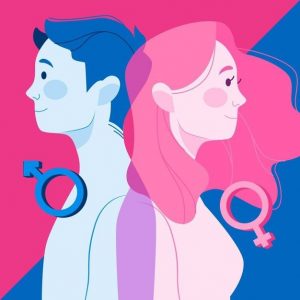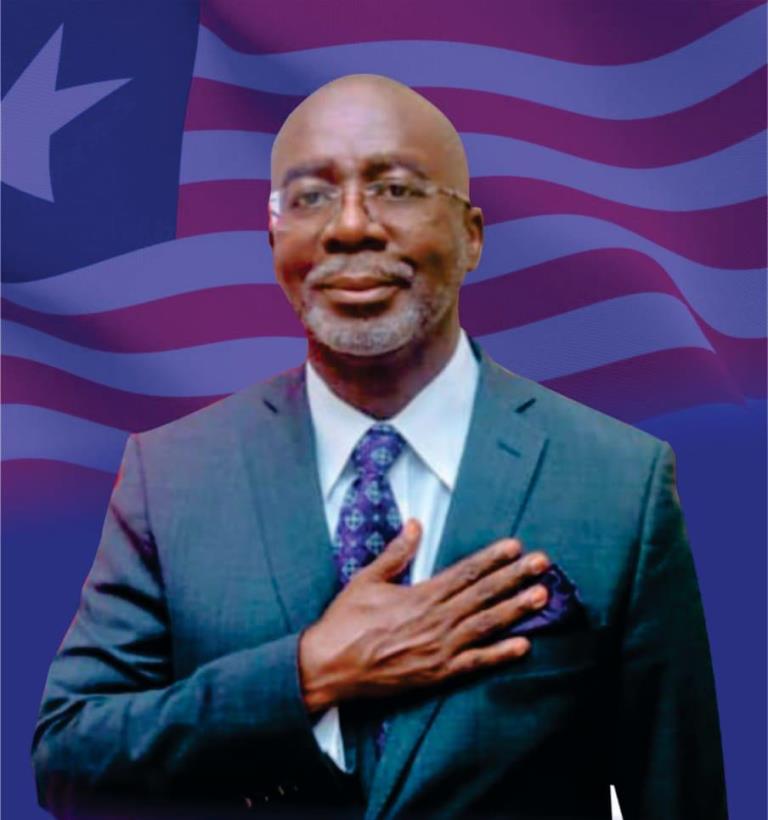Gender issues are a tale as old as time. For as long as humans have been in existence, gender disparities have been a concern. Gender equality is not only a fundamental human right but a necessary foundation for a peaceful, prosperous, and sustainable world. Equal participation of women and men is key to achieving the world and community we desire.
In Zambia, although women outnumber men, they are mostly on the kìside-lines when it comes to participation and leadership in all forms, including political office, constitutional bodies, public administration, the judiciary, and the private sector, as well as local and regional levels. This has led to the under-representation of women and has directly impacted national development. Thus, balancing gender issues in the Zambian public space becomes imperative.
Measures take to balance the impasse
Zambia has made significant progress in balancing gender issues in the Zambian public space. For instance; Zambia has been implementing the Women at Work Project with the objective to increase the leadership capacity and opportunities in young Zambia Women aged 25 to 35. To achieve its goal, the project provided internship and mentorship opportunities for young women in the spheres of public management, civic leadership, business, and entrepreneurship.
Furthermore, the country implemented the count-her-in campaign to encourage women candidates during local, parliamentary, and presidential elections.
Furthermore, the Zambian Constitution was amended in 2016, to include critical and progressive articles for gender equality. The Constitution provides that nominations to public office must ensure 50 percent representation of each gender category.
In addition, the country implemented the HeForShe Campaign aimed at encouraging high-level male leaders to take a stance and raise their voices on gender equality.
The campaign contributed to the importance of gender equality as a tool for achieving sustainable development. Traditional leaders and their spouses as custodians of customs and traditions were engaged to champion, and act as agents of change toward eliminating negative social norms, values, and gender stereotypes.
Some Notable Challenges
Although Zambia is making steady progress towards balancing gender issues in the public space, there are some notable challenges that continue to jeopardise the government’s efforts and, Zambia remains in the bottom 38 countries with the highest levels of gender inequalities in the world. Some of these challenges include:
1. Access to Education
2. Social and Economic Factors
3. Cultural Factors
4. Discrimination and stereotyping
5. Workplace Policies
However, despite the challenges more can be done to promote balancing gender issues in the Zambian public space. For example, Zambia’s government can create platforms for engagement to ensure gender balance in public spaces. The Government will pay particular attention to promoting the inclusive participation of women in governance. Furthermore, equitable and gender-sensitive, social, economic, and cultural barriers affecting women should be removed through inclusive civic engagement and public awareness promotion.
Other specific measures to strengthen the capacity of women in public spaces include training women and girls in leadership; developing mentorship programmes for girls and young women; organizing training for women to participate effectively in local governance; undertaking sensitization campaigns for women to participate in decision making; undertake a review of the electoral system to ensure participation of women; implement a quota system of allocation of seats during local and parliamentary elections.
Risk of not balancing Gender issues in Zambia
With a population of about 17 million people, Zambia can do more to balance gender issues in public spaces. Better opportunities for women and girls would improve Zambia’s outlook dramatically. If women are to contribute fully to development, they must be empowered to identify and grasp opportunities. If things do not improve, the government’s vision of Zambia becoming a middle-income country by 2030 may not come true.



